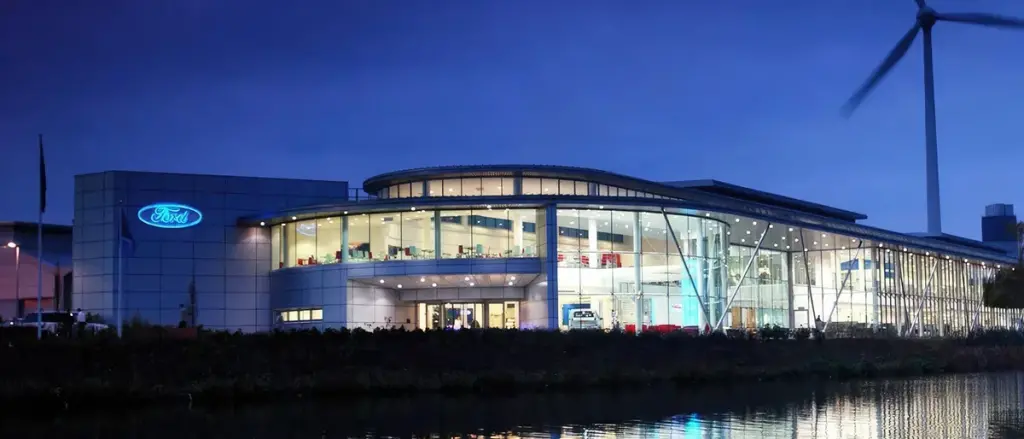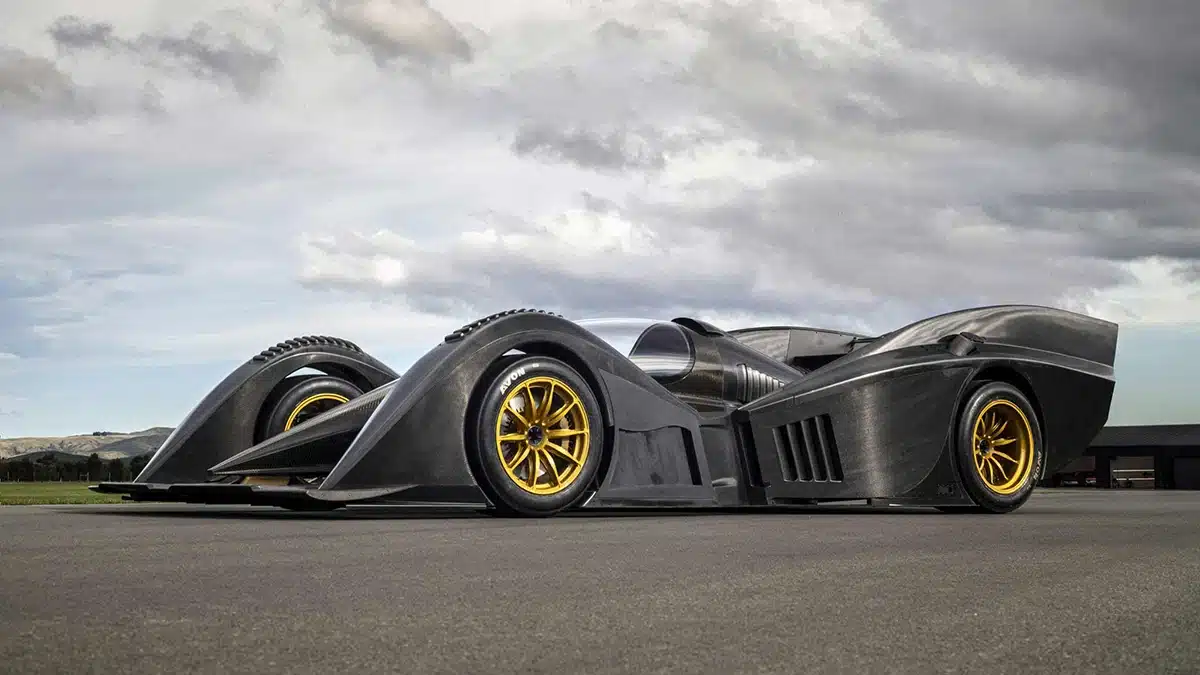10% EU tariff on UK EV’s With time running out on combustion engined power on UK roads, the European Commission is under pressure to delay a 10% tariff on electric vehicles until 2027.
The EU tariff would affect import and export vehicles moving between the EU and the United Kingdom and was due to become viable from January 1st 2024.
The plan for a delay was first rumoured in late November following pressure from the SMMT and car manufacturers hoping for amendments to some of the conditions still to come following Brexit.
EU Trade and Cooperation Agreement
Though it does get complicated; even a temporary lifting of the tariff just might have been regarded as a breach of the TCA (Trade and Cooperation Agreement), but it does seem that the car manufacturers in the UK are united over this.

Nissan has, as reported here earlier, only recently announced that it is set to guarantee future work in the huge Sunderland plant.
Meanwhile, the giant that is Stellantis, who exist following a merger between Fiat Chrysler Automobiles and Groupe PSA, controls the likes of Chrysler, Peugeot, Vauxhall, Citroen, Jeep and Fiat, to name just a smidgeon of the 18 manufacturers it looks after.
Anything that Stellantis says must be worth listening to considering the wide and diverse range of its product.
When Stellantis firmly warned that there might have been a possibility of closure of operations within the UK, it would be foolish not to listen.
The SMMT has been on the case with the EU and the UK for several months and must today be somewhat relieved with how things are progressing.
Chinese State Subsidies
We have previously covered the prospect of China muscling in on the electric vehicle market, and with the pandemic effectively halting the steady progress of EV manufacturing and development in the EU, concern among UK-based automotive manufacturing is now very evident.
Incidentally, China is also about to be investigated by the EU with suggestions that manufacturers are receiving state subsidies as well, which inevitably leads to a cheaper car for the buyer, but also means UK-based manufacturers are not able to compete in an equal and fair market.
The Three Horsemen
With the delaying proposal now likely to be fully approved, the EU tariff will be put off until 2027.
If we think of Brexit, the pandemic and the current cost of living crisis as the world’s Three Horsemen, we can – with fingers crossed – hope that a fourth doesn’t ride over the horizon, allowing the UK-based car industry to get itself back on track within the next three years and at least compete with the electric vehicles that China is about to thrust upon the world.

Car manufacturers had warned that keeping the tariff on its original path might increase costs by up to nearly £4 billion.
Any extra costs could seriously hamper the industry’s ability to offer more affordable EVs as well; something it really needs to be doing to properly compete with China.
Protection
Ironically, the tariff was intended to protect the EU car manufacturing industry, though it certainly looked to be coming too soon for everyone.
While member states of the EU still need to give approval for this ‘one-off extension’ to the tariff, the delay will benefit the European car industry as well as the UK industry – Brexit, the pandemic and the results of Russia’s war in the Ukraine knows no barriers regarding who is affected.
For more articles like this, receive our weekly e-newsletter, including partner deals and all things motoring, register your email below.
Please note: You cannot subscribe to Smart-Motoring unless you put a tick in the checkbox below to indicate have read and agreed to our privacy policy.




Leave a Reply
You must be logged in to post a comment.